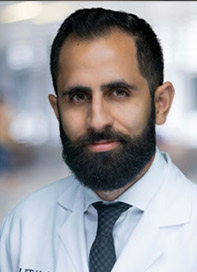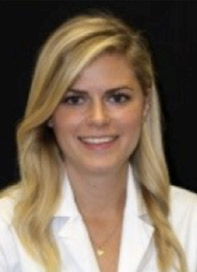Partner with your knowledgeable transplant care team at University Health to get ready for a lung transplant. Our lung transplant recipients have some of the shortest waiting times in the country.
National Waiting List
Adding your name to the waitlist for lung transplant means you’ll be on the national computerized network. Your transplant coordinator will complete your listing. United Network for Organ Sharing (UNOS) manages the waiting list and allocates donor lungs across the U.S. Calculating and assigning your lung composite allocation score (CAS) is also part of what UNOS does.
Lung Matching
When deciding whether a donor lung is a match for you, UNOS considers:
- Blood type
- Lung size
- Survival benefit (best chance of survival)
- Medical urgency
- Amount of time on the wait list
- Distance from the donor hospital
Learn more about how UNOS matches organs.
While You’re on the Waiting List
Waiting for a donor lung can be difficult. Spend your time preparing for when you will get the call for transplantation. The following list will help you get ready:
- Attend our pre-transplant class to get information about waiting, receiving the call for transplant, getting prepared for surgery and your hospital stay
- Carry your cell phone or pager and provide us with as many contact numbers as possible
- Decide who will accompany you to the hospital for your transplant and how you will get there
- Designate a driver and have a back-up transportation plan to the hospital
- Keep in touch with your transplant team
- Contact your team if you have a blood transfusion, infection, surgery or any change in your medical condition during your wait period
- Let us know if you’re going out of town and how to reach you
- Notify us of any changes in telephone, address or insurance
- Pack a bag for the hospital or have a list of what to pack ready
Self-Care While Waiting
Taking care of your physical and emotional needs can positively affect you while waiting for a lung transplant. And better health pre-transplant can make you stronger and better able to recover with fewer complications after surgery.
Exercise
Be as active as you can. Exercising can help you maintain a better quality of life during the waiting period. Ask your transplant coordinator about participating in pre-transplant pulmonary rehabilitation.
Emotional Health
Live a normal life during the waiting period. Relieve anxiety and stress by discussing issues with your family, friends, clergy or another support person. Consider connecting with other University Health transplant patients by joining a support group.
Nutrition
Follow a healthy diet before transplant surgery. Depend on your doctor to arrange a consultation with a transplant dietitian, if necessary, to assist with your nutritional needs.



